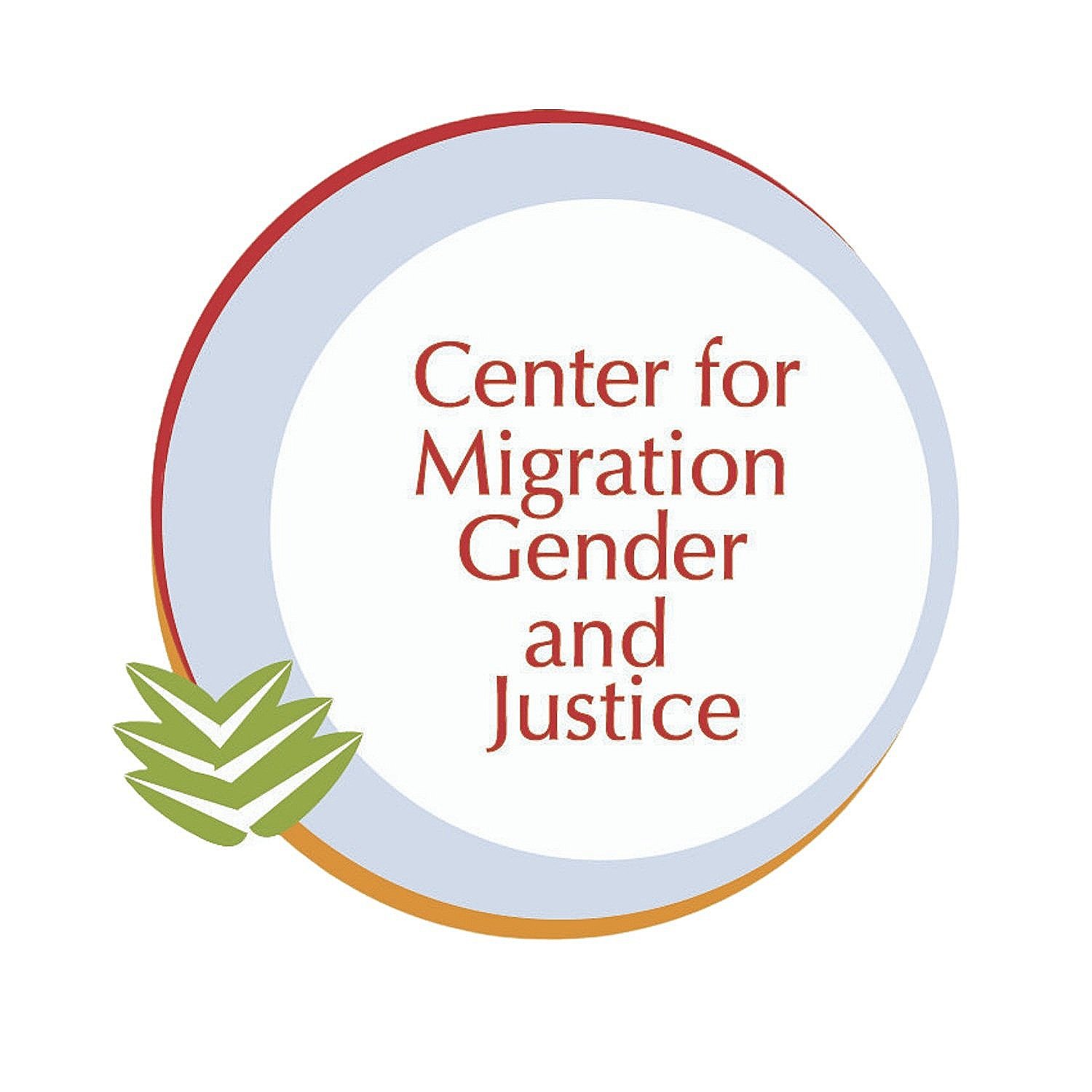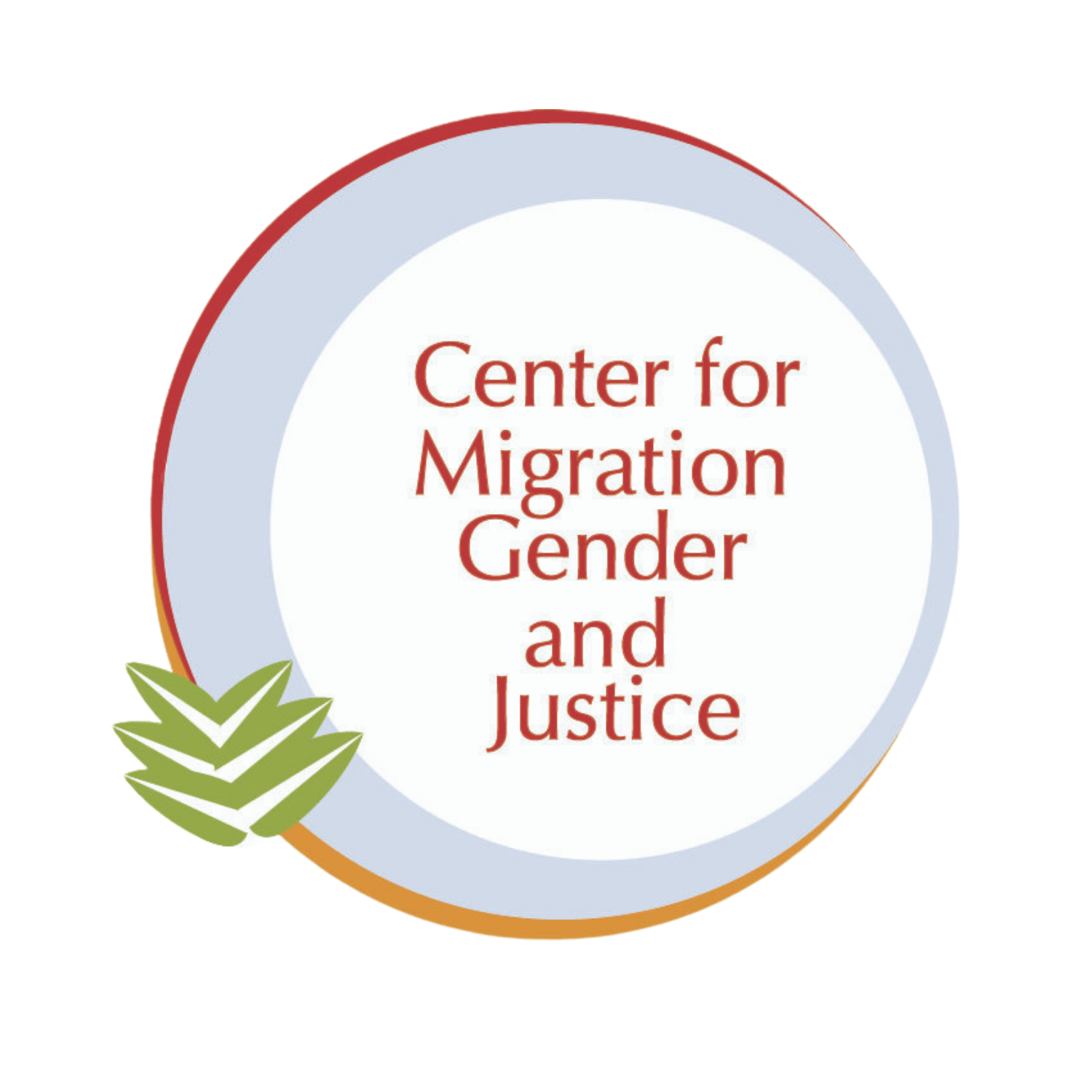Breaking Silence, Amplifying Voices: Migrant Youth Advocacy in Action
“Being a migrant youth advocate means being a catalyst of change that embraces the responsibility of amplifying the voices of those whose stories often go untold.”
Micaela Lincango, CMGJ Migrant Youth Advocacy Training (MYAT) Participant (2023)
Life has a way of taking us on unexpected paths, leading us to places we never imagined we would go. As a migrant, my journey has been filled with countless challenges, touching moments, and remarkable resilience. Little did I know that amidst the struggle to integrate into a new country's society, I would discover a passion that would transform my life's trajectory. Today, I stand not only as a testament to the indomitable spirit of migrants but also as a fervent migrant youth advocate dedicated to fighting for migrants' rights and striving to create a world where every individual's worth is recognized and celebrated.
What does being a migrant youth advocate mean to me? Responsibility.
Being a migrant youth advocate means being a catalyst of change that embraces the responsibility of amplifying the voices of those whose stories often go untold. It means tirelessly advocating for the rights, dignity, and well-being of migrants, who, based on their gender, ethnicity, religion, sexual orientation or nationality, face distinct challenges in their journey towards belonging and success. As a migrant youth advocate, I strive to break down barriers, challenge discriminatory practices, and promote inclusivity and equal opportunities for all.
Are you a migrant youth advocate? Likely.
I am pretty sure some of the things that I previously described resonate with you, and you are now probably finding out that you are also a migrant youth advocate. Congratulations! Being an advocate can be an unique and enriching experience; however, at the same time, the reality is that embarking on this journey can often feel daunting and overwhelming. Despite our passion and dedication, we may find ourselves navigating uncharted territories without a clear guide to lead the way. The path of a migrant youth advocate is filled with complexities, systemic challenges, and the need for continuous learning. It is precisely in these moments of uncertainty that we must draw upon our resilience and resourcefulness. Together, as aspiring advocates, we can forge a path forward, sharing our experiences, knowledge, and strategies and offering support and guidance to one another. By building a community of like-minded individuals, we can collectively shape the future, creating a stronger, more inclusive society for all. I found this space and community while completing the Gender Justice Beyond Borders: Migrant Youth Advocacy Training (MYAT), facilitated by the Center for Migration, Gender, and Justice (CMGJ). Let me tell you more about this.
Where to find migrant youth advocacy in action? The MYAT.
The MYAT trains individuals aged 18-30 to take collective action at the dynamic intersection of migration and gender through a knowledge-transfer seminar, an advocacy skills workshop, and participation in impactful political spaces. In 2023, the MYAT aligned with the European Youth Event’s (EYE) exploration of "Welcome to Europe?". This question encompasses one of the main challenges of the European migration policies, which is migrants’ integration into host societies. Hearing the experiences of my colleagues during the workshops and seminars made me realize that even though we all had different backgrounds and unique experiences, we face similar issues, such as being able to feel that you belong. Understanding that I am not alone on this, empowered me to keep advocating for migrants’ rights, my rights. Being part of the MYAT was undoubtedly an enriching experience, where I could unleash my potential as a migrant youth advocate, embracing meaningful political engagement and being part of the change.
Why focus on migration and gender in your advocacy? Because it matters.
Migration is certainly a complex and multidimensional issue, which has become an integral item on the political agenda, not only in Europe, but worldwide. According to the IOM's World Migration Report, there were around 281 million international migrants in the world in 2020 and almost 87 million of them were in Europe. However, the existing policies are not comprehensive and have some limitations. For example, while migration is a highly gendered issue, the EU Gender Equality Strategy 2020-2025 refers to “migrant” only three times. We discovered this in our policy analysis conducted during the MYAT .
The MYAT helped me reaffirm my commitment to fight for migrants' rights as there is plenty of room for improvement at the policy level. Still not only that, but it also allowed me to deepen and supplement the knowledge I had on this issue, especially in its connection with gender. Europe's efforts in addressing migration have been met with both commendable initiatives and limitations. While there have been strides towards implementing humanitarian measures, fostering integration, providing support to migrants and issuing new laws and policies, challenges persist. Limited coordination among member states, varying approaches to migration policies, and the strain on resources have posed hurdles to achieving a unified and comprehensive response that addresses the needs and challenges of all migrants without distinction of their gender, ethnicity, religion, economic status and education.
Where to next? Onward together!
Striving for harmonious coexistence, Europe must navigate the delicate balance between security, economic considerations, and the ethical imperative to provide sanctuary for those seeking a better life. Overcoming these challenges requires visionary leadership, cooperation, and a commitment to human rights that transcends borders and fosters shared responsibility for shaping a more inclusive and compassionate future. It Is in our hands, as migrant youth advocates, to keep fighting for this. We may not be able to change the world, but raising our voices is certainly essential in creating a society in which each of its members feels they belong. Keep in mind that you are not alone on this. There are many fighting for the same goal!

